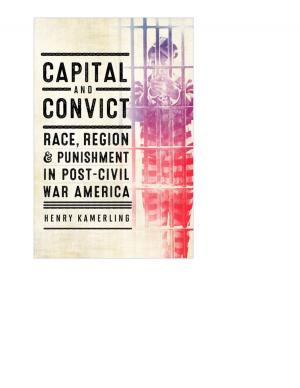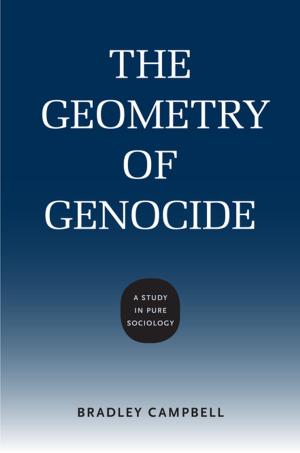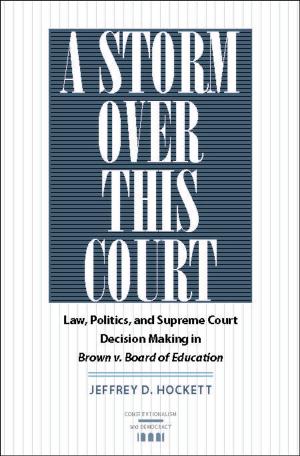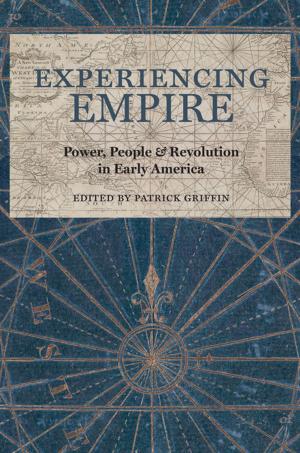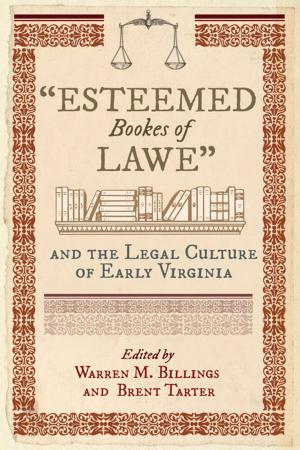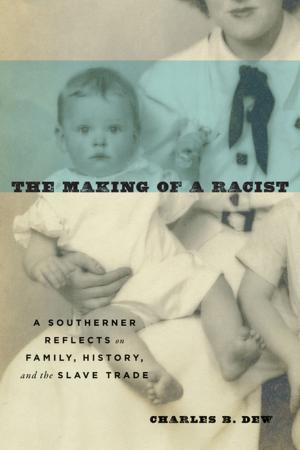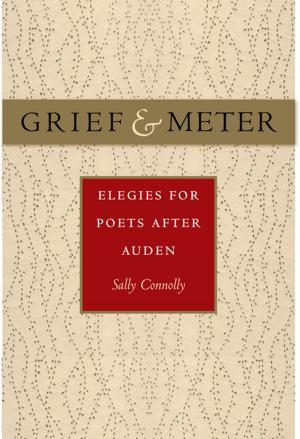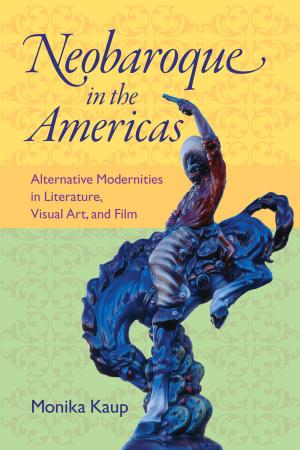The Arresting Eye
Race and the Anxiety of Detection
Fiction & Literature, Literary Theory & Criticism, American| Author: | Jinny Huh | ISBN: | 9780813937038 |
| Publisher: | University of Virginia Press | Publication: | May 4, 2015 |
| Imprint: | University of Virginia Press | Language: | English |
| Author: | Jinny Huh |
| ISBN: | 9780813937038 |
| Publisher: | University of Virginia Press |
| Publication: | May 4, 2015 |
| Imprint: | University of Virginia Press |
| Language: | English |
In her reading of detective fiction and passing narratives from the end of the nineteenth century forward, Jinny Huh investigates anxieties about race and detection. Adopting an interdisciplinary and comparative approach, she examines the racial formations of African Americans and Asian Americans not only in detective fiction (from Sherlock Holmes and Charlie Chan to the works of Pauline Hopkins) but also in narratives centered on detection itself (such as Winnifred Eaton’s rhetoric of undetection in her Japanese romances). In explicating the literary depictions of race-detection anxiety, Huh demonstrates how cultural, legal, and scientific discourses across diverse racial groups were also struggling with demands for racial decipherability. Anxieties of detection and undetection, she concludes, are not mutually exclusive but mutually dependent on each other's construction and formation in American history and culture.
In her reading of detective fiction and passing narratives from the end of the nineteenth century forward, Jinny Huh investigates anxieties about race and detection. Adopting an interdisciplinary and comparative approach, she examines the racial formations of African Americans and Asian Americans not only in detective fiction (from Sherlock Holmes and Charlie Chan to the works of Pauline Hopkins) but also in narratives centered on detection itself (such as Winnifred Eaton’s rhetoric of undetection in her Japanese romances). In explicating the literary depictions of race-detection anxiety, Huh demonstrates how cultural, legal, and scientific discourses across diverse racial groups were also struggling with demands for racial decipherability. Anxieties of detection and undetection, she concludes, are not mutually exclusive but mutually dependent on each other's construction and formation in American history and culture.


